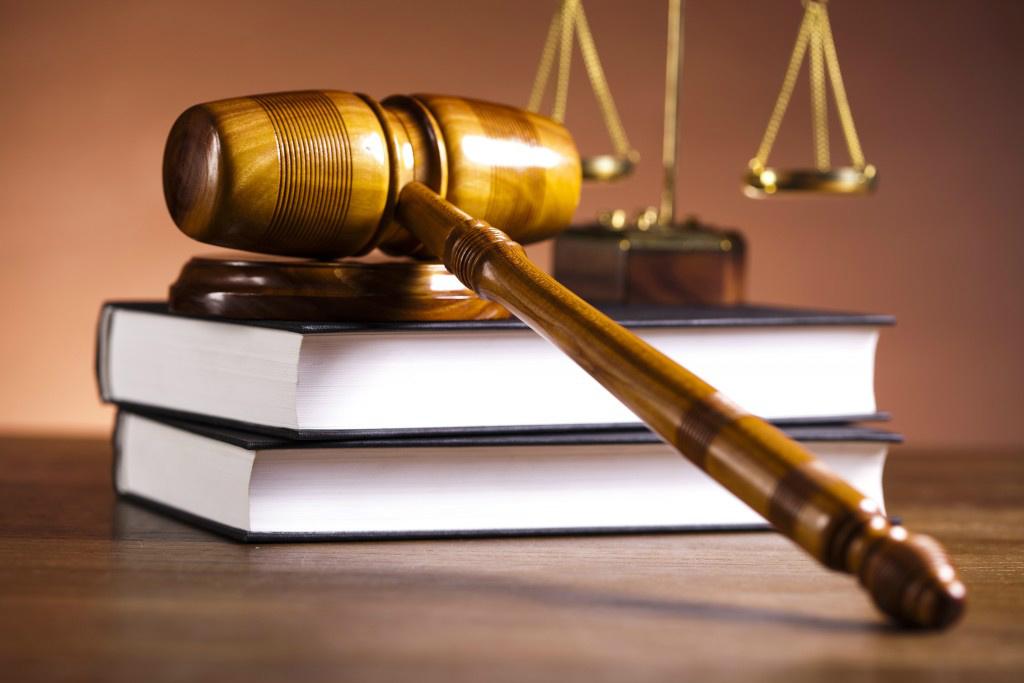“Analyzing the Role of the Nigerian Judiciary in the 2023 Election: A Close Examination”
The 2023 election season in Nigeria has captured the attention of the entire nation, with its potential to shape the country’s political landscape for years to come. As citizens and stakeholders eagerly await the outcomes, one crucial factor that has garnered significant interest is the role of the Nigerian judiciary in ensuring fairness, transparency, and justice throughout the electoral process. In this blog post, we delve into the spotlight on the Nigeria judiciary and its pivotal role in the unfolding narrative of the 2023 election.
The Judicial Safeguard of Electoral Integrity
The judiciary is often regarded as the cornerstone of any democratic society, entrusted with upholding the rule of law and protecting citizens’ rights. In the context of elections, the Nigerian judiciary plays a paramount role in safeguarding the integrity of the process. As various political parties and candidates vie for power, disputes, allegations, and controversies are inevitable. The judiciary acts as an arbiter, stepping in to adjudicate disputes and ensure that the electoral process remains equitable and just.
Challenges and Expectations
The 2023 election is not without its challenges, and the Nigerian judiciary faces a significant responsibility in addressing them. Some of the common challenges include allegations of voter fraud, disputes over candidate eligibility, and concerns about the transparency of the results. The judiciary is expected to navigate these challenges diligently, with impartiality and in accordance with the law.

Precedents and Lessons from the Past
Examining previous elections in Nigeria provides valuable insights into the judiciary’s role. The judiciary’s decisions in past elections have set legal precedents that influence the expectations for the 2023 election. Observing how the judiciary handled disputes and allegations in the past can shed light on the potential trajectory of this election season.
Transparency and Public Confidence
Public confidence in the electoral process is crucial for a thriving democracy. The judiciary’s transparency, fairness, and timeliness in addressing election-related matters directly impact citizens’ trust in the system. By rendering unbiased judgments and providing clear explanations for their decisions, the judiciary can contribute to maintaining or rebuilding public faith in the election process.
The Intersection of Law and Politics
Elections are inherently political processes, and the judiciary’s involvement often means that legal matters intersect with political dynamics. Striking the right balance between legal interpretation and political neutrality is a challenge that the Nigerian judiciary must navigate adeptly.
Global Observers and International Implications
Nigeria’s elections don’t just matter to Nigerians; they also have implications on the international stage. Global observers are closely monitoring the election process, including the judiciary’s role, to assess the overall fairness and legitimacy of the elections. The decisions made by the Nigerian judiciary can influence Nigeria’s standing in the international community and impact diplomatic relationships.
Conclusion
As all eyes turn toward Nigeria and the 2023 election, the spotlight on the judiciary is undeniable. The Nigerian judiciary’s ability to uphold the principles of justice, transparency, and fairness will play a defining role in shaping the outcomes of the election. With challenges and expectations abound, the judiciary’s decisions will not only impact the immediate results but will also contribute to the broader narrative of Nigerian democracy. As citizens, stakeholders, and international observers watch closely, the Nigeria judiciary stands at the forefront of ensuring that the 2023 election remains a milestone of democratic progress.


